A Performant Qisket for the Utility Era
By IBM Quantum
At IBM, we’re working to bring useful quantum computing to the world.
Since 2020, we’ve diligently followed our development roadmap, with our sights set on building a quantum computer with error correction by 2029. We’ve hit all of our milestones along the way as we release higher-performing quantum computers, based on the number of qubits, quality of the qubits, and speed at which they can run quantum circuits.
Last year, we demonstrated that an IBM quantum computer could run circuits beyond the ability of brute-force classical simulation—a milestone we call quantum utility. Earlier this year, we released IBM Quantum Heron, the latest version of which features 156 qubits, a 7x10^-4 best 2Q gate error, running at 26,000 circuit layer operations per second (CLOPS). We’ve also pushed the boundaries of error correction research with a new error-correcting code, which we call the gross code.
However, even with performant systems, we can’t bring useful quantum computing to the world without performant classical software.
We want quantum computers to serve as tools for solving problems beyond the ability of classical computers alone. We want them to offer real value to businesses, research institutions, and anyone who relies on high-performance classical computing to solve the world’s most pressing problems.
Therefore, we need classical software that allows anyone seeking to benefit from the potential of quantum computing to be able to program it. That software is Qiskit. And this year, we focused on making significant updates to Qiskit to ensure that it was, without a doubt, the highest-performing quantum software development kit.
We’ll soon be releasing Benchpress, an open-source package for benchmarking quantum SDKs using over 1,000 tests developed by leading universities, national labs, and IBM. Qiskit was far and away the best quantum SDK based on the number of tests it was able to complete and its ability to transpile circuits—translate them for running on quantum hardware—based on the number of gates and speed.
We’ll need to continue this benchmarking to ensure that our software continues to improve alongside our hardware. We also hope that other SDKs and quantum developers will continue using, improving, and contributing to Benchpress to benchmark quantum SDKs.
However, even performant quantum hardware and software aren’t enough to bring useful quantum computing to the world. We also need to enable scientists to continue building algorithms and applications that take advantage of the power of quantum computing, while extending quantum to domain-specific use cases. This will unlock a new user base of domain-specific scientists who can reap these computational advantages without requiring advanced knowledge of quantum information science.
At Quantum World Congress, we’ll be giving a preview of how we’re extending quantum software to bring quantum utility to a broader base of developers. We’ll be introducing tools that make it easier to build and apply quantum circuits for algorithm development that are already being used to make groundbreaking discoveries at some of the world’s leading scientific institutions. We’ll also be introducing tools that abstract away quantum hardware from users so that developers can focus on algorithm discovery, as well as tools that abstract away quantum circuit development so that domain scientists without a quantum background can explore the potential of quantum for their use cases.
The new Qiskit functionality we’re announcing will do more than just open quantum up to a new user base. It’ll also provide a platform for startups and application developers to offer their own applications for other quantum developers to use, providing further tools for developers while strengthening the quantum ecosystem.
Performant quantum software, performant quantum hardware, and the tools to extend that performance to any scientist and developer interested in exploring quantum computing—that’s what it will take to bring useful quantum computing to the world. At IBM, we’ll continue to relentlessly iterate and innovate, progressing along our development roadmap in order to realize that vision.
However, we have no plan to pursue this vision alone. Quantum computing has, and always will be, a community endeavor. The time is now for application developers, enterprise developers, and startups to join us as we work to realize useful quantum computing capable of solving the world’s foremost challenges.
